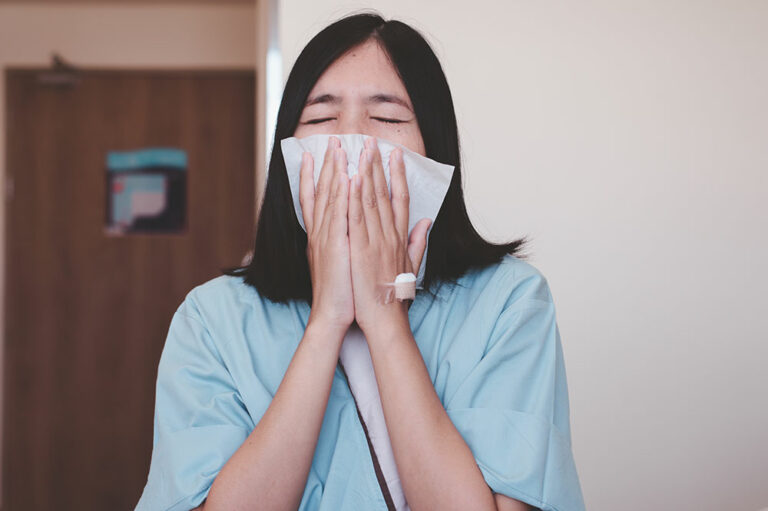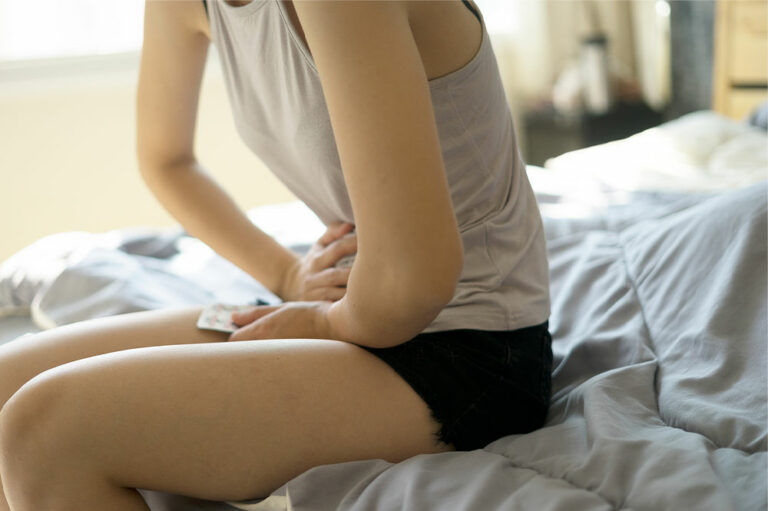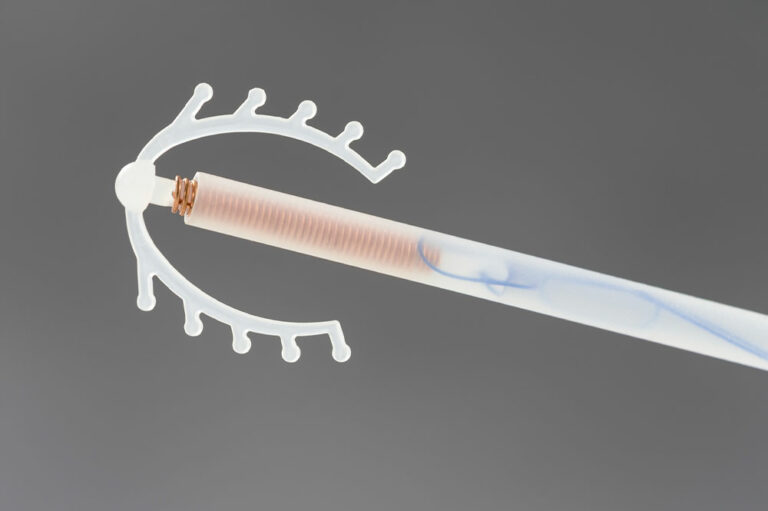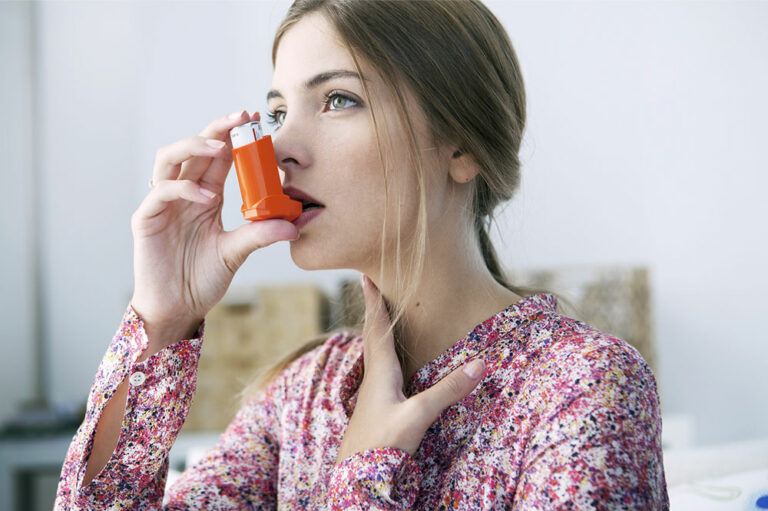Why can caffeine both relieve and worsen headaches

Nothing pumps up our energy levels better than a cup of warm tea or coffee on a busy workday. Reports by the FDA suggest that around 80% of people in the country have caffeine daily. But is this compound healthy? While many studies have been conducted on the effects of caffeine, the results have always been conflicting. This article analyzes the pros and cons of consuming caffeine while suffering from headaches.
How does caffeine help during headaches?
A cup of tea or coffee can provide the following benefits when suffering from a headache:
Quick migraine relief
If the pain is migraine-related, caffeinated beverages can help relieve the symptoms by reducing inflammation. Caffeine’s vasoconstrictive properties cause blood vessels around the brain to narrow and restrict blood flow, which helps reduce pain.
Calming effect on the body
Tension headaches are caused when the muscles in the scalp and neck contract in response to stress or depressive symptoms. Caffeine increases the levels of a specific compound in the body that has a calming effect, relieving tension headaches.
Relief from hypnic headaches
Hypnic headache (HH) is a rare headache that occurs only during sleep, particularly during the REM stage. Researchers say these headaches could be caused because the brain area responsible for pain processing is triggered during this stage of sleep. Consuming 40 to 60 mg of caffeine before bed can help treat HH without disrupting sleep.
How can caffeine worsen headaches?
Sometimes, this compound can have the opposite effect because of the following reasons:
Narrowing of blood vessels around the brain
As discussed, caffeine narrows the blood vessels surrounding the brain to relieve pain. However, when a person who drinks tea or coffee regularly avoids these beverages altogether, the narrowed blood vessels enlarge, increasing blood flow pressure around the nerves and causing a headache. Consequently, it is easy to become dependent on caffeine, with a headache being a withdrawal symptom when one tries to quit.
Headaches due to excess consumption
An overdose of caffeine can trigger headaches and a host of other side effects. Caffeinated beverages possess diuretic effects, i.e., they cause the body to pass urine more frequently, leading to dehydration. Dehydration, in turn, is a common cause of debilitating headaches.
Should one consume or avoid caffeine?
Caffeine has several antioxidants, which help prevent inflammation and relieve pain, so avoiding it entirely may not be a solution to preventing headaches. However, excessive caffeine intake can harm the body in the long run, causing issues like caffeine dependence and dehydration. Researchers say a person’s daily caffeine intake should not exceed 400 mg. Further, certain types of tea and coffee, such as the herbal varieties, often have an edge over black tea and coffee because they are packed with more antioxidants and can lower one’s risk of cardiovascular and other diseases. Like any other food or beverage, knowing one’s caffeine limit is the key to avoiding its adverse effects.










